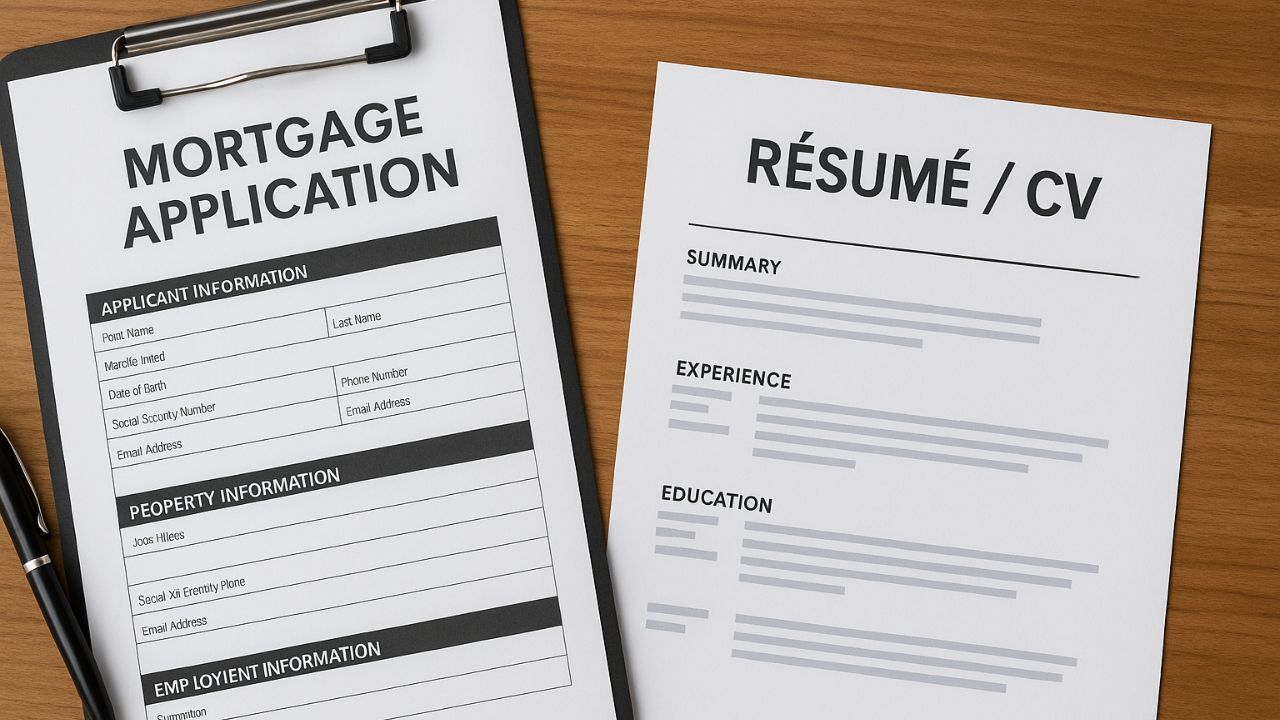 Switching jobs can be an exciting step in your career, but for homebuyers, it can also raise questions about mortgage approval. Lenders evaluate income stability when considering a mortgage application, and a recent job change can influence how they view your ability to repay the loan. Understanding how a new position impacts your application can help you plan strategically and improve your chances of approval.
Switching jobs can be an exciting step in your career, but for homebuyers, it can also raise questions about mortgage approval. Lenders evaluate income stability when considering a mortgage application, and a recent job change can influence how they view your ability to repay the loan. Understanding how a new position impacts your application can help you plan strategically and improve your chances of approval.
How Lenders Assess Employment Stability
Lenders want to ensure that borrowers have a reliable and consistent source of income. They typically look for at least two years of employment in the same field. Frequent job changes, gaps in employment, or a switch to a completely different industry may raise concerns about stability. However, a promotion, raise, or career advancement within the same field is often viewed positively.
Impact of Income Changes
A new job may come with higher or lower income. Lenders will typically verify your most recent pay stubs, W-2 forms, or tax returns to assess your earning power. If your income decreases, it may reduce the amount you can borrow. Conversely, a higher income can strengthen your application, but lenders may still require proof that the increase is sustainable.
Tips for Managing a Job Change During the Mortgage Process
If you are considering switching jobs while applying for a mortgage, timing is important. Avoid changing jobs immediately before or during the mortgage application if possible. If a change is unavoidable, be prepared to provide documentation that demonstrates your experience in the field, the new salary, and the stability of your new employer. Open communication with your lender can help ensure a smooth process.
When a Job Change Is Beneficial
A well-timed career move can actually improve your mortgage application. Promotions, raises, and lateral moves with increased responsibility in the same industry can demonstrate career growth and financial strength. The key is to show that the new position does not introduce risk to your ability to repay the loan.
By understanding how job changes affect mortgage approval and taking proactive steps, borrowers can navigate transitions confidently. Strategic planning and clear communication with your lender are essential to maintaining eligibility and securing favorable loan terms.
 Buying a home is more than a place to live, it is a path to financial growth, every mortgage payment builds equity, giving homeowners a valuable asset over time, unlike renting where monthly payments go to a landlord, homeowners are investing in their future, with the right mortgage strategy, owning a home can be one of the smartest financial moves you make.
Buying a home is more than a place to live, it is a path to financial growth, every mortgage payment builds equity, giving homeowners a valuable asset over time, unlike renting where monthly payments go to a landlord, homeowners are investing in their future, with the right mortgage strategy, owning a home can be one of the smartest financial moves you make.